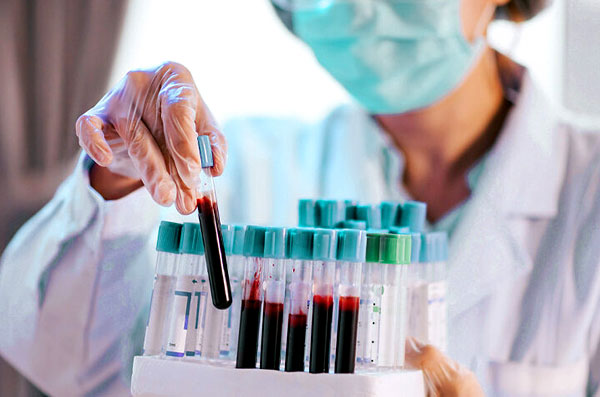Book Appoinment

Cancer markers can be used in a variety of ways to diagnose and monitor cancer, making them invaluable tools for cancer diagnosis and treatment. They can help doctors determine if a person has cancer, and can help to detect cancer at an earlier stage. Cancer markers are also used to distinguish between different types of cancer and to help determine a patient's prognosis.
The most common type of cancer marker is a tumor antigen. Tumor antigens are substances produced by tumors that can be detected in a patient's blood or other body fluids. Tumor antigens can be used to monitor the activity of a tumor and help determine if the cancer is responding to treatment.
Blood tests are often used to detect cancer markers. Blood tests can detect proteins, hormones, and other substances that are unique to cancer cells. Blood tests may be used to detect tumor antigens or help to characterize the tumor and determine how aggressive the cancer is.
Commonly done tumor markers for detection and follow up of Cancer depending on suspected site are :
- CA -125: Ovarian cancer marker
- CA-15.3: Breast cancer marker
- CA-19.9: Pancreatic cancer marker
- CA-72.4: Gastric cancer marker
- CEA: Colonic cancer marker
Imaging tests such as X-rays, CT scans, or MRI scans can also be used to detect cancer markers. These scans are used to look for changes in the body that may indicate the presence of cancer. Imaging tests can help determine how far the cancer has spread and if it has spread to other areas of the body.
Other cancer markers include genetic mutations, abnormal proteins, or abnormal cell growth. Genetic mutations can be used to detect certain types of cancer, such as breast cancer. Abnormal proteins can also be used to detect cancer, such as in the case of prostate cancer. Abnormal cell growth can also be used to detect cancer, such as in the case of leukemia.
Cancer markers are an invaluable tool for diagnosing and monitoring cancer. They can be used to detect cancer earlier and help to determine a patient's prognosis. However, it is important to remember that cancer markers are only one tool in a comprehensive cancer diagnosis and treatment plan. It is important to speak with your doctor about your individual risk factors, diagnosis, and treatment options.
